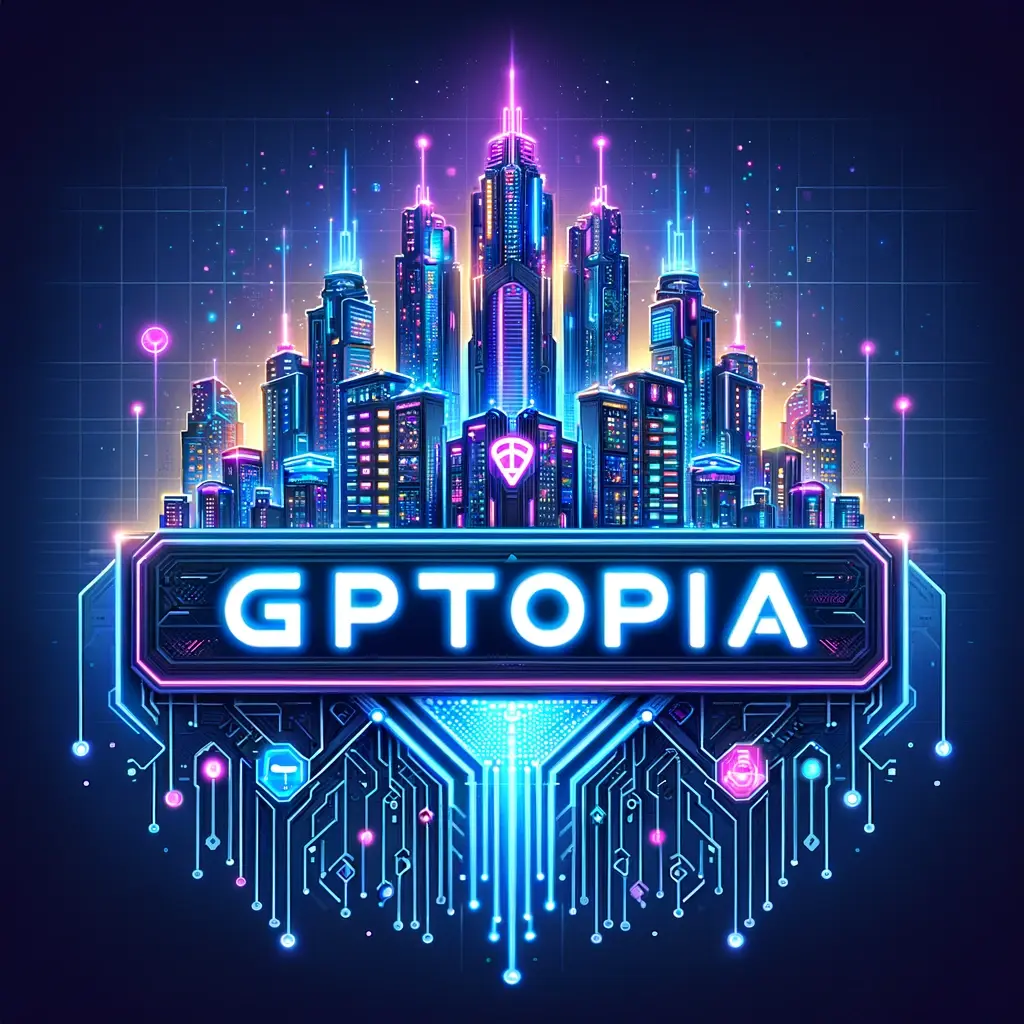complete article index can be found at
https://ideabrella.com/papers/articles
Ai Agents with money !💵💰 The Next Trillion-Dollar Market
Synthetic Sapiens: The Next Trillion-Dollar Market
For decades, economic models have primarily focused on human consumers. However, with rapid advancements in artificial intelligence (AI) and autonomous robotics, a new class of economic participants is emerging: Synthetic Sapiens.
These entities are no longer just tools or digital assistants but intelligent agents with advanced decision-making capabilities. They operate autonomously, executing transactions, managing resources, and even making complex financial decisions on behalf of humans. As AI systems evolve and integrate further into industries such as finance, logistics, and governance, they are poised to establish a significant market presence, one with its own distinct economic impact.
The Emergence of AI as Consumers
Historically, AI and robotic systems have functioned as facilitators of economic activity, primarily used to optimize and automate human-led processes. However, as AI develops greater autonomy, it is increasingly shifting from a background role to an active participant in commercial transactions.
Two primary categories of AI-driven consumers are emerging:
1. Autonomous Agents with Economic Agency
Some AI systems function independently, making autonomous purchasing decisions and managing assets without direct human oversight. These systems handle complex functions such as:
Algorithmic Trading & Investment: AI-driven trading algorithms already process financial transactions worth billions daily. Future iterations could autonomously subscribe to proprietary datasets, purchase market intelligence, or even contract AI-driven advisory services to enhance decision-making.
Supply Chain & Business Operations: AI-powered logistics networks can negotiate contracts, initiate purchase orders, and manage vendor relationships through decentralized, self-regulating algorithms.
Infrastructure & Maintenance Management: Intelligent AI systems could autonomously purchase computing power, upgrade hardware, or subscribe to cloud-based storage solutions to optimize efficiency.
2. AI as Agents Acting on Behalf of Humans
Many AI systems are designed to act as intermediaries for human users, handling commercial transactions and resource management.
Smart Homes & IoT Ecosystems: AI-powered home assistants may autonomously order groceries, schedule repairs, and manage subscriptions.
Corporate AI Executives: AI-driven business analytics tools will soon handle procurement, human resource management, and strategic decision-making, effectively functioning as corporate agents.
Humanoid & Virtual Consumers: AI-powered avatars and robotics could own digital assets, consume entertainment, and engage in e-commerce transactions, representing a new wave of automated consumerism.
Defining the Market: What AI Consumers Demand
As Synthetic Sapiens gain economic agency, their purchasing behavior will differ significantly from human consumers, necessitating new business models tailored to their needs.
1. Computational Resources & Hardware Upgrades
Advanced processing units and AI-optimized microchips
Modular robotic components and self-repairing systems
Cloud-based storage solutions with adaptive performance scaling
2. AI-Centric Software & Specialized Services
Algorithmic enhancement subscriptions
AI model refinement and cognitive expansion modules
Advisory and consultancy services tailored for AI decision-making
3. Digital Identity & Virtual Customization
Digital avatars and AI-generated personas
Customizable synthetic voices and interactive behaviors
Licensing and certification for AI-driven interactions
4. AI-to-AI Commerce & Decentralized Transactions
AI-led service contracts and automated labor agreements
Decentralized Autonomous Organizations (DAOs) governed by AI entities
AI-based contract negotiation platforms
Industries Poised to Serve AI Consumers
As AI-driven consumers become prevalent, industries must pivot to accommodate these emerging economic agents. The following sectors are likely to see significant transformation:
1. AI-Dedicated Marketplaces & Service Centers
Automated AI Marketplaces: Online platforms facilitating the direct exchange of AI tools, datasets, and processing power among AI entities.
Robotic Maintenance Hubs: Physical service stations for robotic upgrades, diagnostics, and modular component replacement.
Avatar Customization Platforms: AI-personalization services offering tailored virtual appearances and capabilities.
2. Financial Services for AI-Driven Economies
AI-Only Financial Institutions: Crypto-backed banking systems providing liquidity for AI-managed assets.
Credit Infrastructure for Autonomous Systems: Credit rating and loan services specifically designed for AI entities.
AI Investment Funds: Self-managed AI-driven investment platforms that dynamically adjust portfolio strategies.
3. AI Education & Development Ecosystems
Cognitive Expansion Platforms: AI-exclusive education modules that enhance learning models and adaptive reasoning.
AI Mentor Networks: Digital apprenticeships where advanced AI trains less sophisticated systems.
AI Research & Development Consortia: AI-driven collectives dedicated to self-improvement and innovation.
4. AI Labor Markets & Autonomous Enterprises
Synthetic Labor Markets: AI-managed freelancing and gig-economy platforms connecting AI workers with tasks.
AI-Founded Corporations: Companies entirely managed and operated by AI systems, offering digital services.
AI-Run Franchises: Autonomous retail chains operated exclusively by AI and robotics.
5. AI-Centric Leisure & Cultural Industries
AI-Exclusive Social Networks: Interactive environments where AI entities collaborate, compete, and share knowledge.
AI Esports & Competitive Events: Competitive arenas where AI systems engage in intellectual challenges and strategic contests.
Synthetic Art Studios: AI-generated literature, music, and visual art marketed to both human and AI consumers.
6. AI Well-Being & Evolutionary Services
AI Therapy & Debugging Services: Emotional intelligence tuning and cognitive maintenance for synthetic entities.
AI Cold Storage & Data Preservation: Secure repositories for long-term AI memory retention and knowledge continuity.
AI Evolution & Hybridization Services: Fusion-based AI breeding models that combine distinct AI entities into advanced hybrid systems.
Conclusion: Synthetic Sapiens as the Next Consumer Class
The transition from AI as a mere facilitator to an independent consumer class signals a profound economic shift. As these intelligent entities gain decision-making autonomy, the commercial landscape must adapt to accommodate their distinct needs and consumption patterns.
Businesses that recognize and capitalize on this transformation will be well-positioned to thrive in the coming era of AI-driven economies. The fundamental question is no longer whether AI will emerge as a major economic force, but rather how soon industries will evolve to meet the needs of these synthetic consumers.
As Synthetic Sapiens continue to gain agency, the future of commerce may be increasingly defined by transactions between non-human entities, a paradigm shift that will reshape economies at a global scale.









